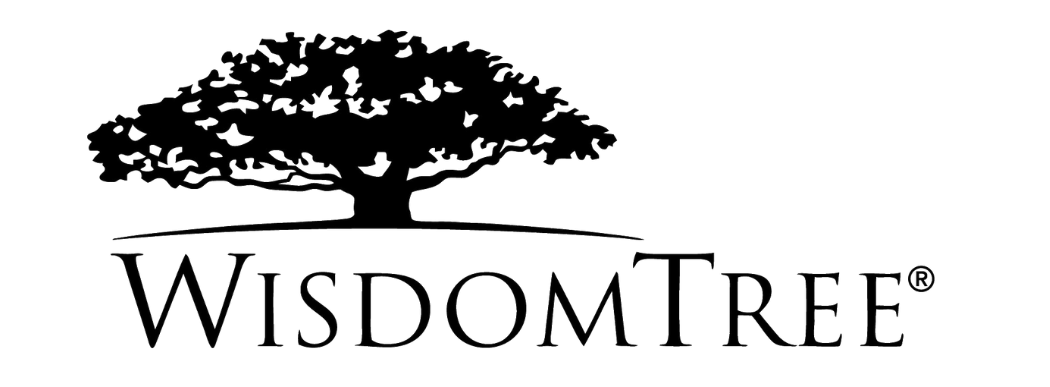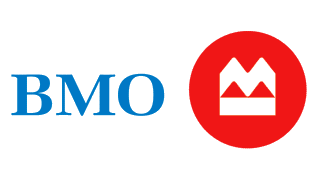2018 was supposed to be the year that interest rates finally started to rise. After ten long years of ultra-low interest rates, finally we were going to start returning to a world where you could get a decent income without having to take much risk.
And that return to normality was supposed to begin this month with a rise in the Bank of England's base rate from 0.5% to 0.75%. However, signs of an economic slowdown, allied with low inflation, have persuaded the Bank to leave rates alone. For a long time to come, investors will have to take a fair bit of risk to get a decent income.
Trouble is, I fear many income investors are taking on more risk than they realise. And many of these investors are elderly. Traditionally, elderly income investors put much or all of their portfolios in bonds because they didn't want to be heavily exposed to the volatility of the stock market. But the returns from bond investing have been pathetically small in the last decade prompting a move into equities (the stock market) for many income investors.
Equity income
Let's look at equity income investing in more detail.
When it works well, equity income investing can be very lucrative. The dream outcome is a decent income stream - perhaps a yield of 4% - combined with a rising share price. But you do need to be careful:
Don't always go for the highest yield
It's tempting to invest in companies with the highest dividend yield on the stock market. Here are the ten FTSE 100 companies with the highest yield at the moment:
CompanyYieldPersimmon8.4%Centrica8.2%BT7.1%SSE6.6%Vodafone6.4%Marks & Spencer6.4%Imperial Brands6.4%Standard Aberdeen5.7%MicroFocus5.5%DirectLine Insurance5.5%
Now you might do fine if you bought all of the above shares, and the dividend payments are certainly juicy, but there are risks here.
It's not a very diversified portfolio. If you count BT as a utility, there are three utilities (BT, SSE and Centrica). There are also two finance companies - DirectLine and Standard Aberdeen.
What's more, you may not get much dividend growth in future. In particular, BT and Marks & Spencer may struggle to increase the dividend much in the next three or four years.
Focusing purely in yield was especially dangerous in the run-up to the financial crisis. Many of the highest yielders in 2007/8 were banks but their share prices crashed a year later and several leading banks then didn't pay any dividend at all for several years after that.
This is a crucial risk that's easy to miss. With equities, dividends can easily be cut or cancelled altogether. Don't assume it won't happen to you; it happens all too often.
Falling share prices is another big risk. You may be enjoying a nice dividend and then be hit by the shock of a falling share price as a company, or markets as a whole, hit trouble.
A high yield may also signal that a company is in trouble. Often you see a share price fall because the market is anticipating a dividend cut to come, but before that cut is announced by the company, the dividend yield may appear very attractive.
Focus on potential for a rising yield
If you're investing for the long-term, you want a nice dividend that will increase year-after-year for a long time to come. If you look at companies that don't have the highest yield right now, you may find ones that can deliver big dividends in future. Look for companies where profit is rising fast and where dividends are well covered - in other words, profits are substantially higher than the dividends being paid out to shareholders.
Investing in a company with a poorly covered, albeit chunky, dividend is a high risk move.
Go for global diversification
Of course, equity income investors don't have to invest in individual stocks to get an income. If you go for funds, including ETFs, you're immediately going to get more diversification.
And funds can give you that global diversification. That should probably including some exposure to emerging market income as well now. Until recently, emerging markets have normally been seen as the preserve of growth investors who are focused much more on share prices than income. But as emerging markets mature, there are more opportunities for income investors. And there's also a good chance that emerging market dividends will be hold up relatively well if we're hit by a major economic slowdown in Europe and North America.
If you want to get exposure to emerging market income stocks, you might want to consider the BMO MSCI Emerging Markets Investment Leaders ETF (ZIEM). In the UK and Europe, the WisdomTree Europe Equity UCITS ETF (EEIE) and the WisdomTree UK Equity Income UCITS ETF (WUKD) are also worth looking at.
But the important point is that if you invest in equity income funds or stocks, the risks are high.
Fixed income investing
You can, of course, generate an income from bonds or from funds that invest in bonds/fixed income.
Investing in individual bonds can be hard work because there are so many bonds out there. Different issuers (governments or companies), different maturities, and different levels of credit risk. Fixed income funds can be much easier.
That said, with funds you don't get the predictability you get with an individual bond. If you hold a bond until it matures, you know exactly how much income you'll be paid each year and the final sum you'll receive when the bond matures. You don't get that certainty with a fund - indeed the fund could be trading in and out of bonds quite frequently.
Other risks include credit risk - the risk that the issuer won't be able to meet its obligations to bondholders - as well as liquidity risk, the risk that you won't be able to sell individual bonds, if that's the road you've gone down.
But the biggest risk with bonds at the moment is one of valuation. Bonds are at historically very high levels. And those valuations will fall when interest rates do eventually start to rise. And it will hit bond funds especially hard because they're not necessarily holding bonds until they mature, so when funds sell particular bonds the capital sum they receive may be a fair bit lower than what they paid.
Investing for income makes a lot of sense, especially for retirees. Just don't assume that an income you earn this year will definitely be repeated next. It often doesn't work out that way.
You can find out more about investing for income at The Big Call Dividends Debate on Tuesday May 15th




